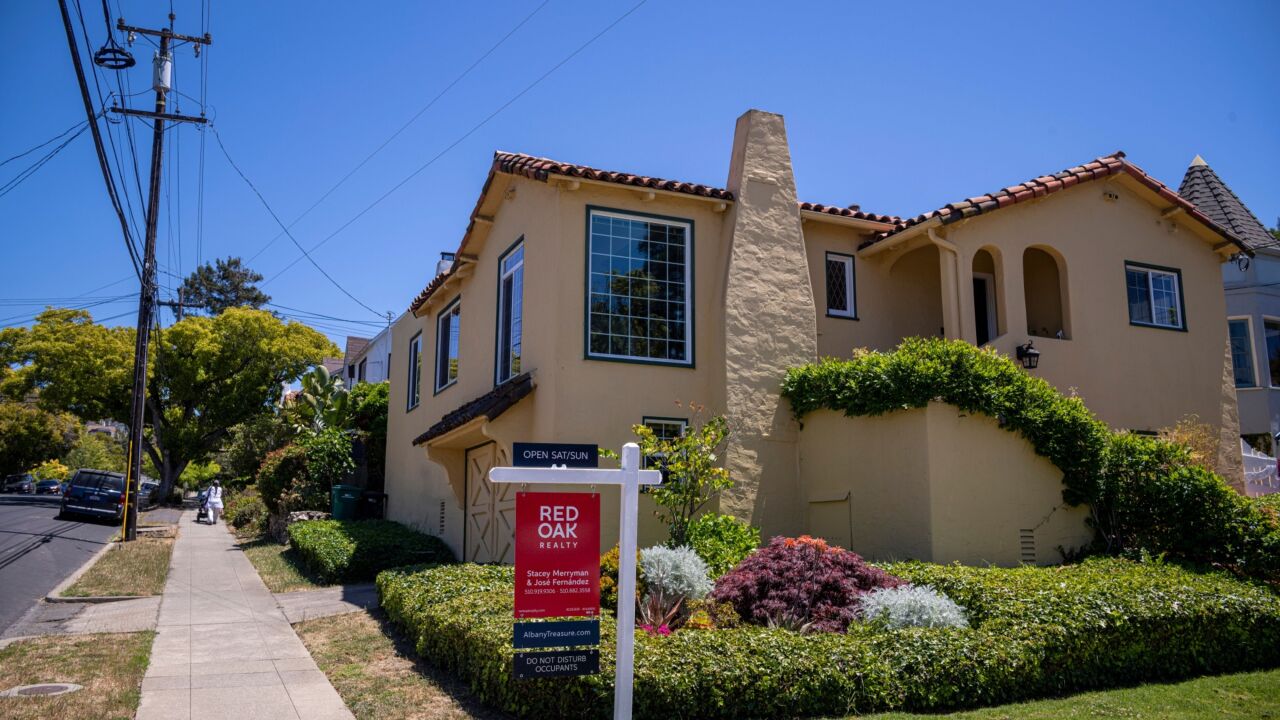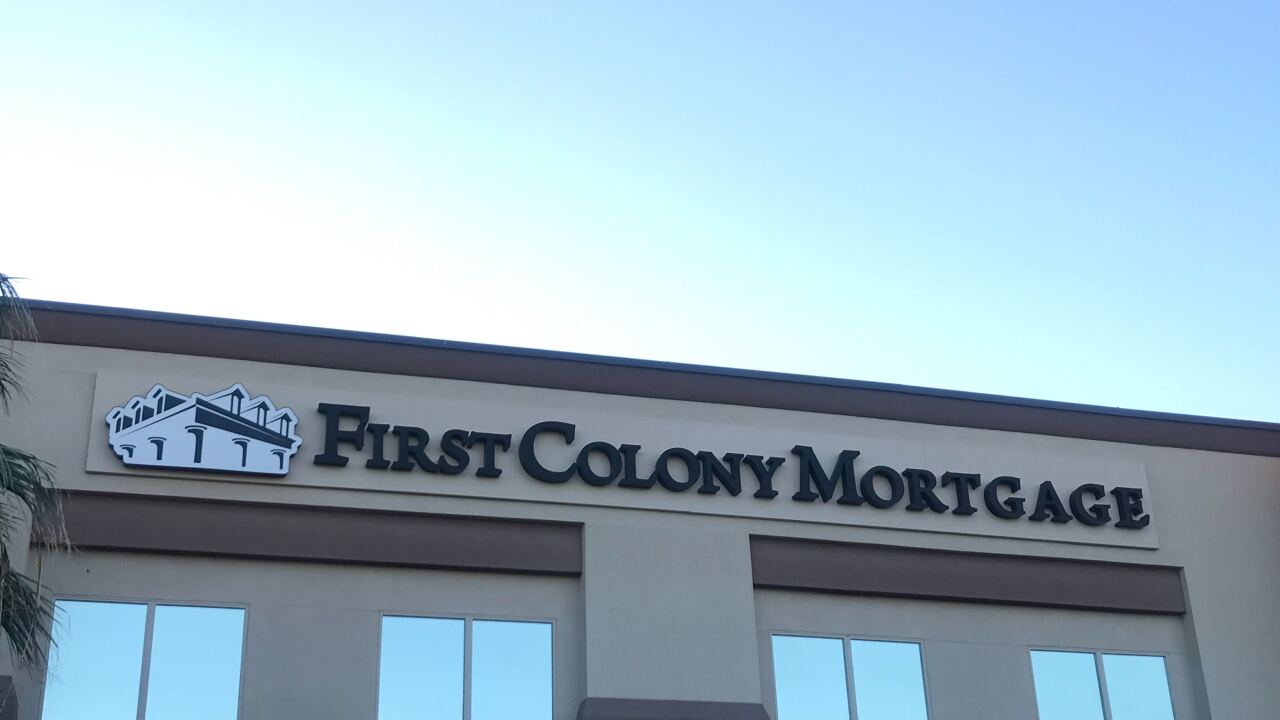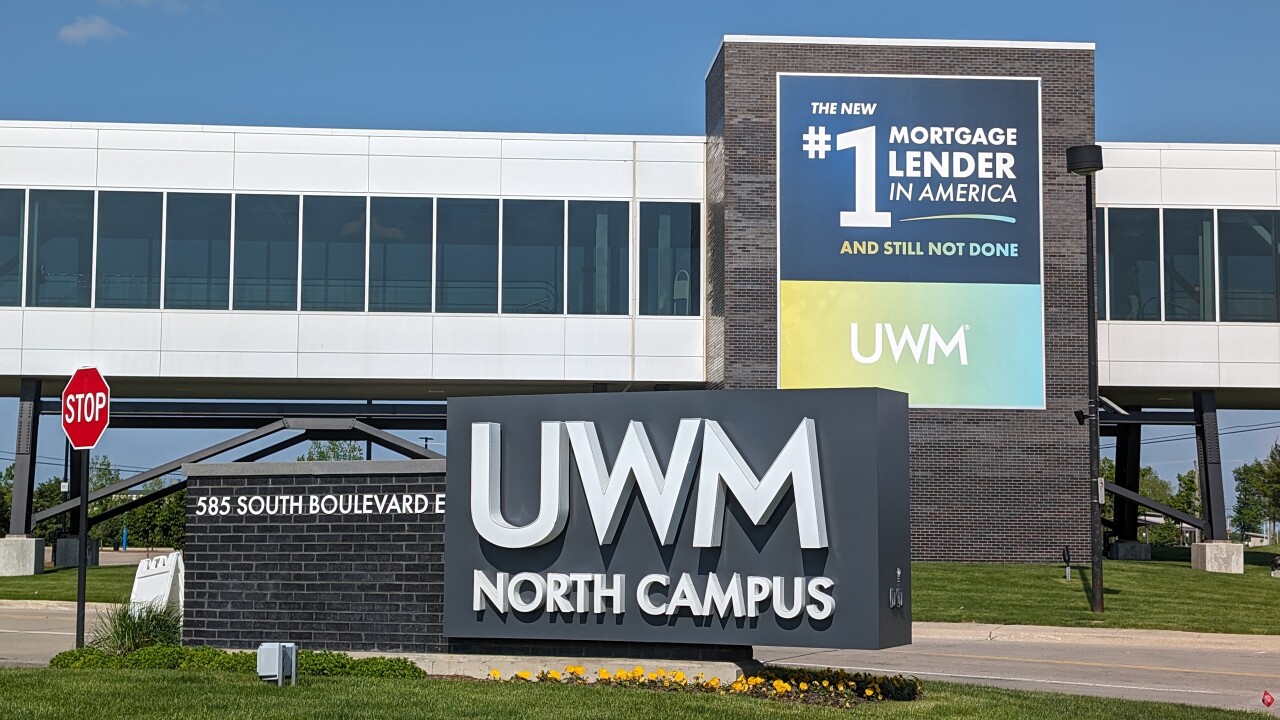Ginnie Mae mortgage-backed securities issuers can aggregate their portfolio's exposure to areas hit by the three recent hurricanes to qualify its disaster relief program.
Through pass-through advances from Ginnie Mae, issuers get delinquency and default relief for securitized loans in areas where the president declared a major disaster.
"It makes an adjustment to our MBS guide's long-standing requirement that 5% of an issuers' book needs to be in a disaster-affected area in order to qualify for short-term liquidity assistance from us," said Ginnie Mae Acting President Michael Bright in a press release.

"Today's change allows issuers to meet this 5% requirement using their collective exposures to Hurricanes Harvey, Irma and Maria. While we cannot alter the core, fundamental requirements for issuers in our program, these adjustments recognize that last month's confluence of disasters requires some extraordinary measures."
Approximately 10% of
Ginnie Mae is underwriting requests for assistance with particular attention to two considerations: Whether the request for a governmental advance constitutes a last resort, and whether there are sufficient grounds to expect that a governmental advance would be repaid within 90 days.
Any application that does not meet those two conditions will not be approved, a Ginnie Mae memorandum said.
This program allows issuers that as a direct result of the three hurricanes are having a temporary liquidity shortfall to receive the benefit of the Ginnie Mae guaranty. Assistance is not intended to provide long-term financing, or solutions to other solvency issues that an issuer may face, the agency said.





